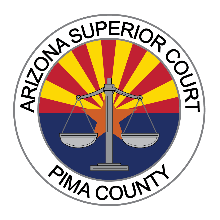The CASA volunteer that is appointed in some dependency cases:
Is a specially-trained volunteer
CASAs are volunteers from the community. Each CASA volunteer is interviewed, fingerprinted, trained, and certified before they are appointed to a case by the Presiding Judge of the Juvenile Court.
Is appointed by the Judge to be the “eyes and ears” of the Court
A CASA is yet another voice for the child – another person making recommendations to the judge about what he or she thinks is in the child’s best interests. The judge does not have to do what the CASA recommends, but the judge will take the recommendations very seriously.
Makes recommendations to the Court about the best interests of the child
After the CASA has gathered information about the case, they prepare a report for the Court that states their recommendation.
Forms a relationship with the child, but also gets to know the parents, placement, family, teachers, and many others who know the child
Another role of the CASA is to develop a relationship with the children, built on consistent contact and trust. This relationship is intended to support the children while the family is involved with the Court.
Investigates, reports, and attends meetings, Foster Care Review Board (FCRB) reviews, and hearings
The CASA attends all meetings relating to the case. This includes attending FCRB and DCS case staffings. The CASA may also attend court hearings. The CASA is encouraged to have contact with all other parties involved in the case.



